

Traditional Administration
The people of Ningo-Prampram district are predominantly Ga-Dangmes. The oral traditions of the Ga-Dangmes hold that the communities, which now constitute the Ga-Dangme, once lived in an area they claim was called SAME in modern day Nigeria, having migrated from southern Sudan and Egypt. From Nigeria, the Gas moved by sea to their present location, and the Dangmes traveled by land through Togo crossing the River Volta at various points to a place called Lowlowvor, where they lived for quiet sometime until they broke up into the composite tribes, namely, Shai, Osudoku (who remains inland), Ningo, Ada (Gbugbla). The indigenous people of the district are organized into two traditional areas, namely, Prampram Traditional Area with paramouncy at Prampram and Ningo Traditional Area with the Seat at Ningo. Other ethnic groups in the district include Ewe, Hausa, Asante, Fantes and among others. (Source: Ningo—Prampram District Assembly)
Religious Affiliation
Table 3.8 shows the religious affiliation of population in the district by sex. The population is largely Christians (86.1%) as follows: Pentecostal/charismatic 53.4 percent, protestants (Anglican, Lutheran, etc.) 17.5 percent, Catholic 3.4 percent and others 11.8 percent. The proportion of population that is not affiliated to any religion is 6.5 percent. Those affiliated to Islam are 4.1 percent and to traditional religion are 2.1 percent of the population.
Among the female population, a higher proportion (87.9%) is Christians than among the male population (84.1%). While among the male population, higher proportions have no religion (7.9%) and affiliated to Islam (4.6%) than the proportions among female population (5.2% and 3.7%, respectively).
Festivals
The district is known for its rich child naming ceremony and other festivals. Puberty rites are performed for boys and girls. The boys undergo circumcision in their infancy. When they reach manhood, their fathers buy guns for them and engage wives for them. They are also given land to cultivate or fishing gear to fish.
The girls undertake the ‘Dipo’ rite, which originally, was a home craft course lasting for three years. During this period, they are taught personal cleanliness, housekeeping and cookery, laundry, sewing with thread and needle, weaving of basket, childcare and decent manners. Today, the period for the ‘Dipo’ initiation rites has been reduced considerably to one month or less.
There are a number of annual festivals that are held between August and October. The people of Prampram and Ningo celebrate ‘Homowo’ festivals. Other celebrations for traditional festivals take place yearly after the Easter celebration. The chiefs and the ‘Asafoatsemei’ also observe yam festivals for their traditional stools every year. Funeral rites for the departed relations are also observed yearly by the various clans. (Source: District Office)
Tourism
The Ningo-Prampram district can boast of interesting places that attract tourist both in and outside the country. The district is known to have one of the finest beaches in the country with clean and clear water. It also has beautiful palm trees at the shore which provides shades for tourists. The coastline of Ghana is famous for its ancient forts and castles built by early European traders, and one of them is in the district. Tourists that visit the fort are guarded by a tourist guard because the indigenes believe there are some ammunitions buried there to avoid any explosion.
The oldest police station in the country built in 1486 is in the district. The police station is still in existence and tourists’ troop in and out of the district to have a look at it. The other popular tourist attractions in the district are the decent hotels, guest houses, restaurants, the polo sport as well as the rich festivalsirrigation.
Date Created : 11/21/2017 7:36:17 AM


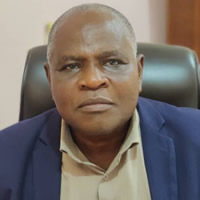
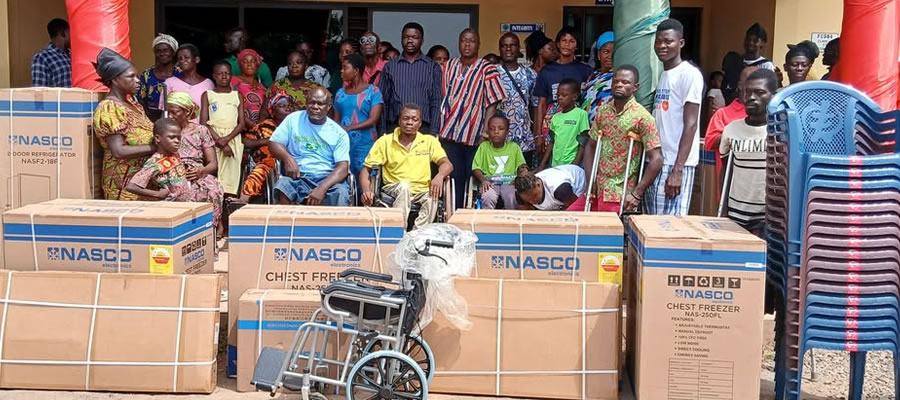
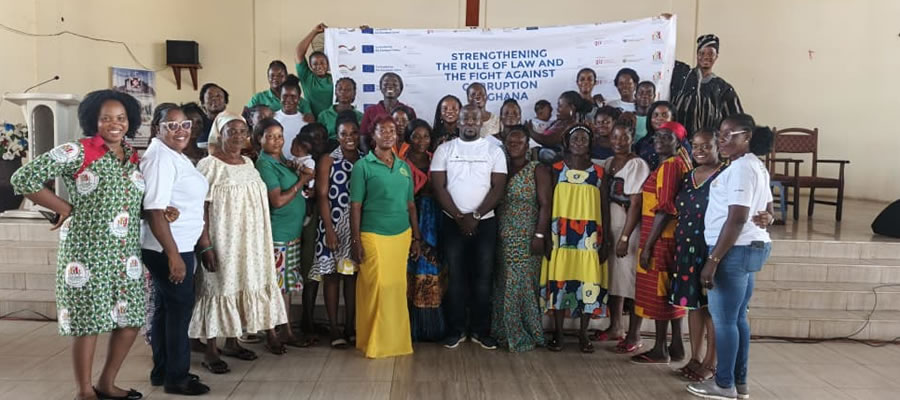
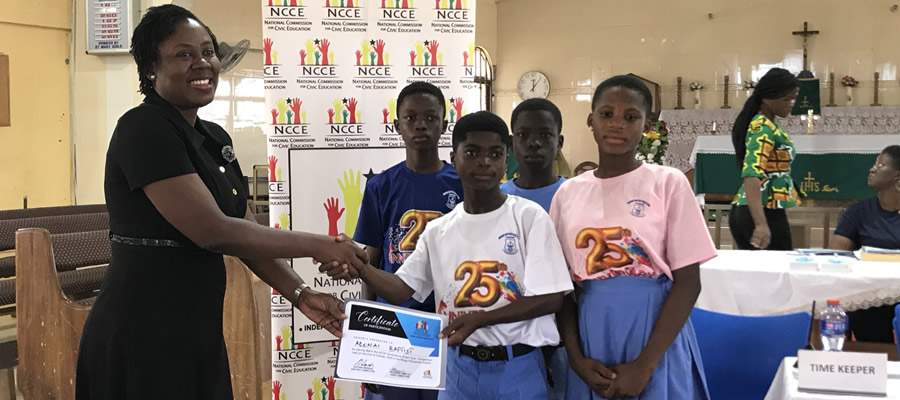

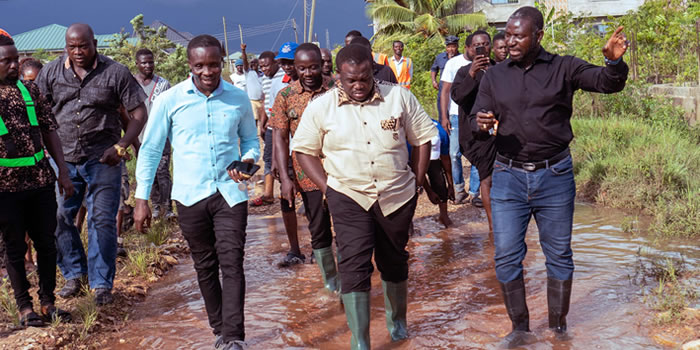

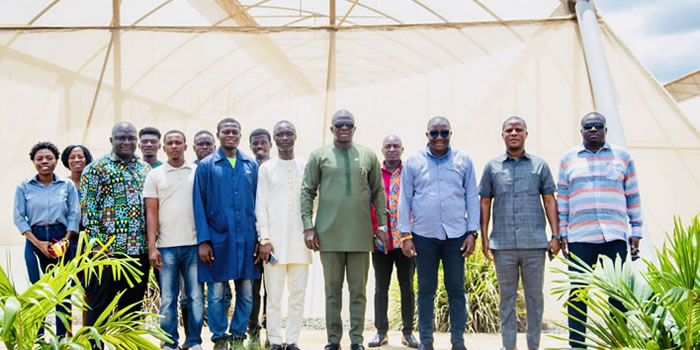


 facebook
facebook
 X
X
 Youtube
Youtube
 instagram
instagram
 +233 593 831 280
+233 593 831 280 0800 430 430
0800 430 430 GPS: GE-231-4383
GPS: GE-231-4383 info@ghanadistricts.com
info@ghanadistricts.com Box GP1044, Accra, Ghana
Box GP1044, Accra, Ghana